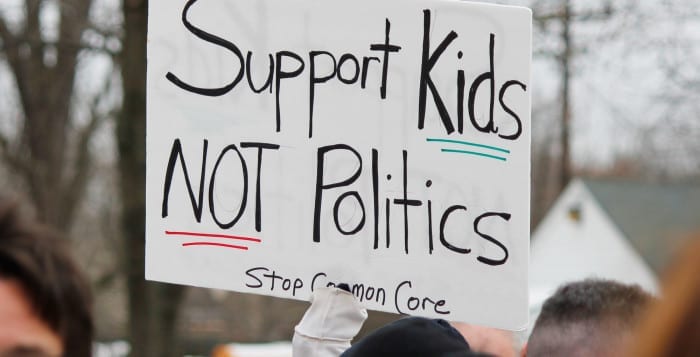By Daniel Dunaief
Every defeat, rejection, or failure can be like a drop of ice water on the back of our necks. We often can’t brush those droplets away and they seep into us, weighing us down, causing our feet to shuffle and shoulders to slump.
The self-esteem bashing moments in a week, month, or year can build up, turning us into a balled-up, wet rag in the corner of a dark room.
Certainly, the sunlight and warmth of spring can dry some of that out, as the chirping of newly hatched birds, the sight of children chasing after a ball on a playground and the scent of fresh flowers can evaporate the dreaded droplets.
And yet, that’s often not enough. We sometimes need more to turn ourselves into ice-water-resistant creatures who can tackle any assignment, avoid obstacles, or remain undeterred in the face of significant opposition.
Where do we find this relief? Some get it from exercise, where they perspire out those metaphorical drops of ice water. As they push themselves along the pavement or across glistening fields, they generate momentum, release endorphins, and become like the Little Engine That Could, remembering that a healthy dose of believing in themselves works.
Others get it from talking on the phone, writing in a diary or a blog, escaping to the movies, diving into books, or sharing a laugh with friends they’ve known for years.
What we sometimes need in our lives is a catharsis. You remember that Greek word for that moment when someone releases strong emotions, obtaining relief at the same time? We learned about this some time when we were in middle or high school.
Recently, my middle school daughter received an assignment that seemed like a confusing and challenging juggling act. She finished George Orwell’s “Animal Farm.” Her language arts teacher asked his students to find a song in which they saw an overlap with a theme from the book. They also had to relate that theme to their lives.
When my daughter came home from her first day of these presentations, she described in detail, how two of the four presenters broke down in tears as they shared their stories. In other classes, several students, including one of the untouchable “popular kids,” cried in front of his class as well. One of the students described his frustration with his frequent movement from one school to another as his parents’ jobs required starting over again every year or so. He looked out at the classroom, his teary eyes revealing his deep discomfort, and said he was sure no one in the room would be his friend for longer than the short time he’d be in town. He was resigned to the fact that he’d be a sad ghost someone might remember at graduation.
Another student shared the challenge of dealing with an impossible relative. This person pushed away any connection to a family she used to have, slamming the door, literally and physically, on anyone from her past who dared approach her. The disillusionment her father felt was magnified in her.
As my daughter thought of her assignment, her eyes welled up as well when she thought of the moment when something promising turned tragic. She had a spectacularly close connection with a young, vibrant first grade teacher whose life ended all too soon after a cancer diagnosis.
Even as my daughter described her feelings, I could see the small ice droplets that landed so hard on the back of her neck in elementary school, as they found an exit through her eyes. She will always remember that loss, but the catharsis more than five years later provided some relief.






